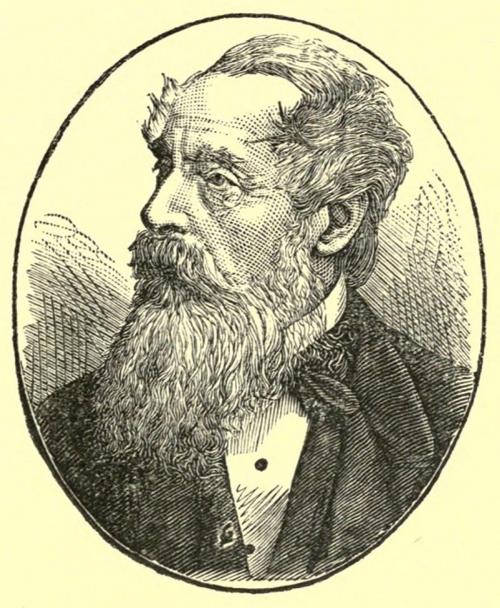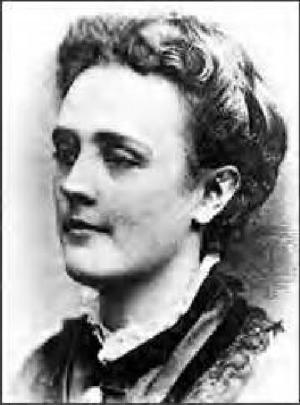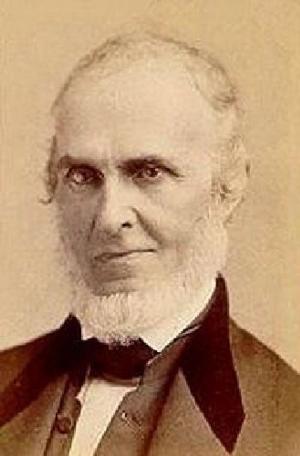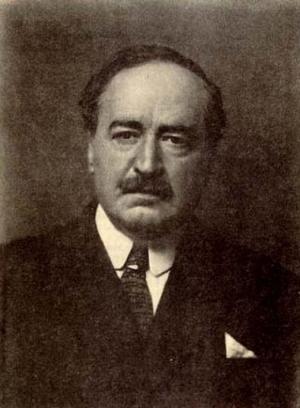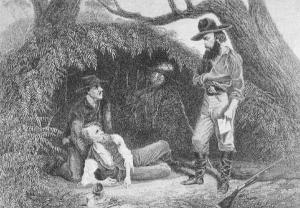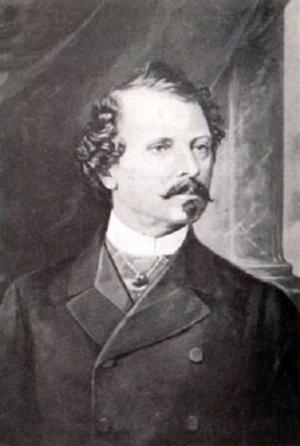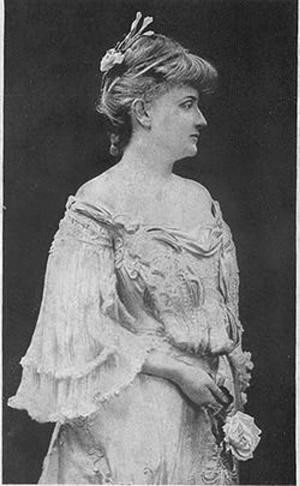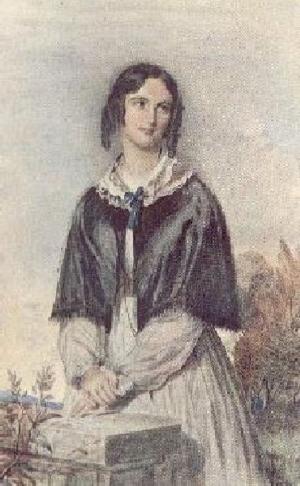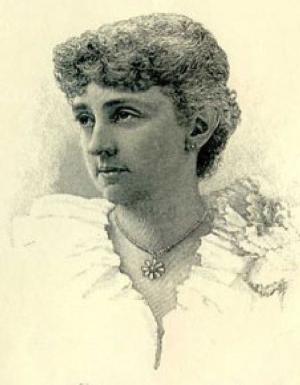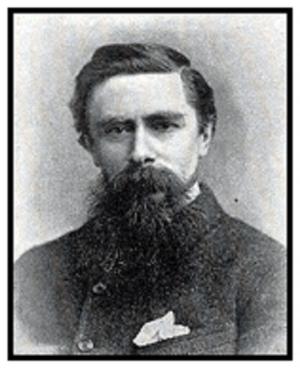Snow Shoes and Canoes, The Early Days of a Fur-Trader in the Hudson Bay Territory
Fiction & Literature, Classics, Kids, Teen, General Fiction, Fiction| Author: | Kingston, W.H.G. | ISBN: | 9781455388547 |
| Publisher: | B&R Samizdat Express | Publication: | June 10, 2015 |
| Imprint: | Quench Editions | Language: | English |
| Author: | Kingston, W.H.G. |
| ISBN: | 9781455388547 |
| Publisher: | B&R Samizdat Express |
| Publication: | June 10, 2015 |
| Imprint: | Quench Editions |
| Language: | English |
The basic story-line is that there is a fort in the Hudson Bay Territory that needs some stores and materials to be sent to it from another fort about 150 miles away. The journey could be done by canoe, but there are none available at this time. So a party of people are sent overland to fetch what is required. There are encounters with bears and other dangerous animals; there aretimes when they are very hungry and very tired. They encounter both friendly and unfriendly Indians. They borrow canoes at one stage, and have wrecks in the mighty rapids. There are strong overtones indicating that Kingston has read the authentic books by Ballantyne, who had worked in the Hudson Bay Company, and whose letters home had set off his literary career. But Kingston has a unique style of his own, and he was good at research, so he can be forgiven for using valuable authentic material to help him get his facts right, and make his story credible. According to Wikipedia: "William Henry Giles Kingston (28 February 1814 - 5 August 1880), writer of tales for boys, was born in London, but spent much of his youth in Oporto, where his father was a merchant. His first book, The Circassian Chief, appeared in 1844. His first book for boys, Peter the Whaler, was published in 1851, and had such success that he retired from business and devoted himself entirely to the production of this kind of literature, in which his popularity was deservedly great; and during 30 years he wrote upwards of 130 tales, including The Three Midshipmen (1862), The Three Lieutenants (1874), The Three Commanders (1875), The Three Admirals (1877), Digby Heathcote, etc. He also conducted various papers, including The Colonist, and Colonial Magazine and East India Review. He was also interested in emigration, volunteering, and various philanthropic schemes. For services in negotiating a commercial treaty with Portugal he received a Portuguese knighthood, and for his literary labours a Government pension."
The basic story-line is that there is a fort in the Hudson Bay Territory that needs some stores and materials to be sent to it from another fort about 150 miles away. The journey could be done by canoe, but there are none available at this time. So a party of people are sent overland to fetch what is required. There are encounters with bears and other dangerous animals; there aretimes when they are very hungry and very tired. They encounter both friendly and unfriendly Indians. They borrow canoes at one stage, and have wrecks in the mighty rapids. There are strong overtones indicating that Kingston has read the authentic books by Ballantyne, who had worked in the Hudson Bay Company, and whose letters home had set off his literary career. But Kingston has a unique style of his own, and he was good at research, so he can be forgiven for using valuable authentic material to help him get his facts right, and make his story credible. According to Wikipedia: "William Henry Giles Kingston (28 February 1814 - 5 August 1880), writer of tales for boys, was born in London, but spent much of his youth in Oporto, where his father was a merchant. His first book, The Circassian Chief, appeared in 1844. His first book for boys, Peter the Whaler, was published in 1851, and had such success that he retired from business and devoted himself entirely to the production of this kind of literature, in which his popularity was deservedly great; and during 30 years he wrote upwards of 130 tales, including The Three Midshipmen (1862), The Three Lieutenants (1874), The Three Commanders (1875), The Three Admirals (1877), Digby Heathcote, etc. He also conducted various papers, including The Colonist, and Colonial Magazine and East India Review. He was also interested in emigration, volunteering, and various philanthropic schemes. For services in negotiating a commercial treaty with Portugal he received a Portuguese knighthood, and for his literary labours a Government pension."
